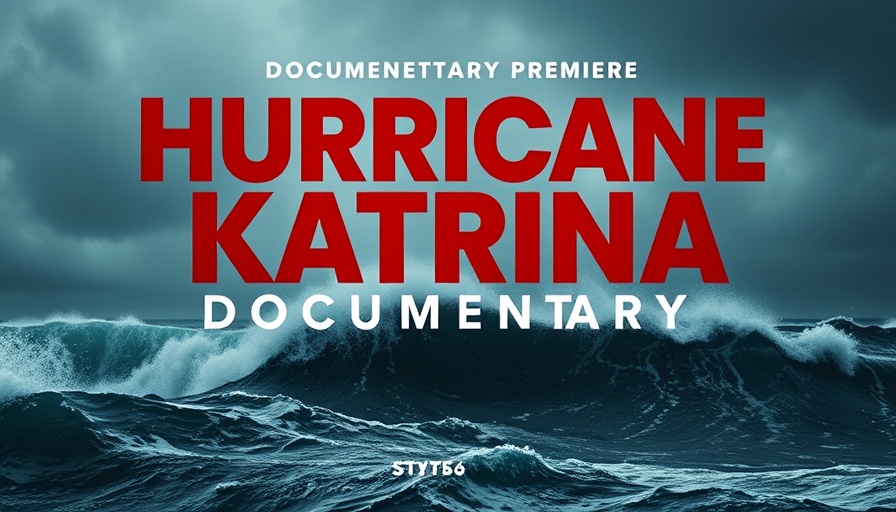
An Unforgettable Journey Through Eddington
Imagine a film that pulls you into its narrative like a vivid dream, only to awaken you with a chill. This sensation is what audiences may experience when watching Ari Aster's latest creation, Eddington. Set against the backdrop of a haunting, deserted town, the film uses sensory overload to portray a myriad of emotions and fears rooted in recent history.
The Societal Reflections of Eddington
The setting of Eddington is symbolic of a broader cultural landscape, reflecting societal fears and the melancholy aftermath of a tumultuous summer. As the story unfolds, we meet Sheriff Joe Cross, portrayed by the incomparable Joaquin Phoenix. His struggles mirror many of our own from the isolation felt during the COVID-19 pandemic to the haunting reminders of social injustice. This embedded duality—personal despair and communal unrest—anchors the film, inviting viewers to reflect on their own lived realities.
Characters That Resonate
Joaquin Phoenix’s Sheriff Joe Cross is a compelling character whose vulnerability and complexities draw viewers in. The film’s plot thickens with the dynamic between Cross and his wife (Emma Stone), a reflection of individuals coping with the separations caused by the very technology intended to connect us. Meanwhile, the antagonistic mayor (Pedro Pascal) brings a paradoxical layer to the narrative, challenging viewers to consider the fine line between leadership and oppression in a crisis.
The Emotional Impact of Eddington
As you become enveloped in Aster's storytelling, you might find that Eddington does more than entertain; it evokes a profound range of emotions, leaving you with feelings of anxiety and contemplation long after the credits roll. It serves as a reminder of our fragility as individuals and as a society. It challenges the audience to consider what has been lost, not just in the context of a fictional town, but in our own communities.
A Call to Adventure: Explore New Orleans Culture
Amidst the echoes of the film’s haunting narrative, there lies an opportunity to delve deeper into one’s own local culture. For those in the Crescent City, engaging with the arts can provide a foundational connection to understand the emotions explored in Eddington—from visual art exhibits that speak to societal themes to theatrical performances that challenge perspectives.
Join fellow film enthusiasts, arts patrons, and local culture seekers in exploring New Orleans' vibrant cultural scene. Whether it’s uncovering unique New Orleans dining news, discovering New Orleans theater reviews, or participating in local festivals, the essence of connection thrives through shared experiences.
Like the characters in Eddington, let this film inspire you to traverse your reality with intention and curiosity. A city rich in history and culture awaits.
 Add Row
Add Row  Add
Add 



Write A Comment